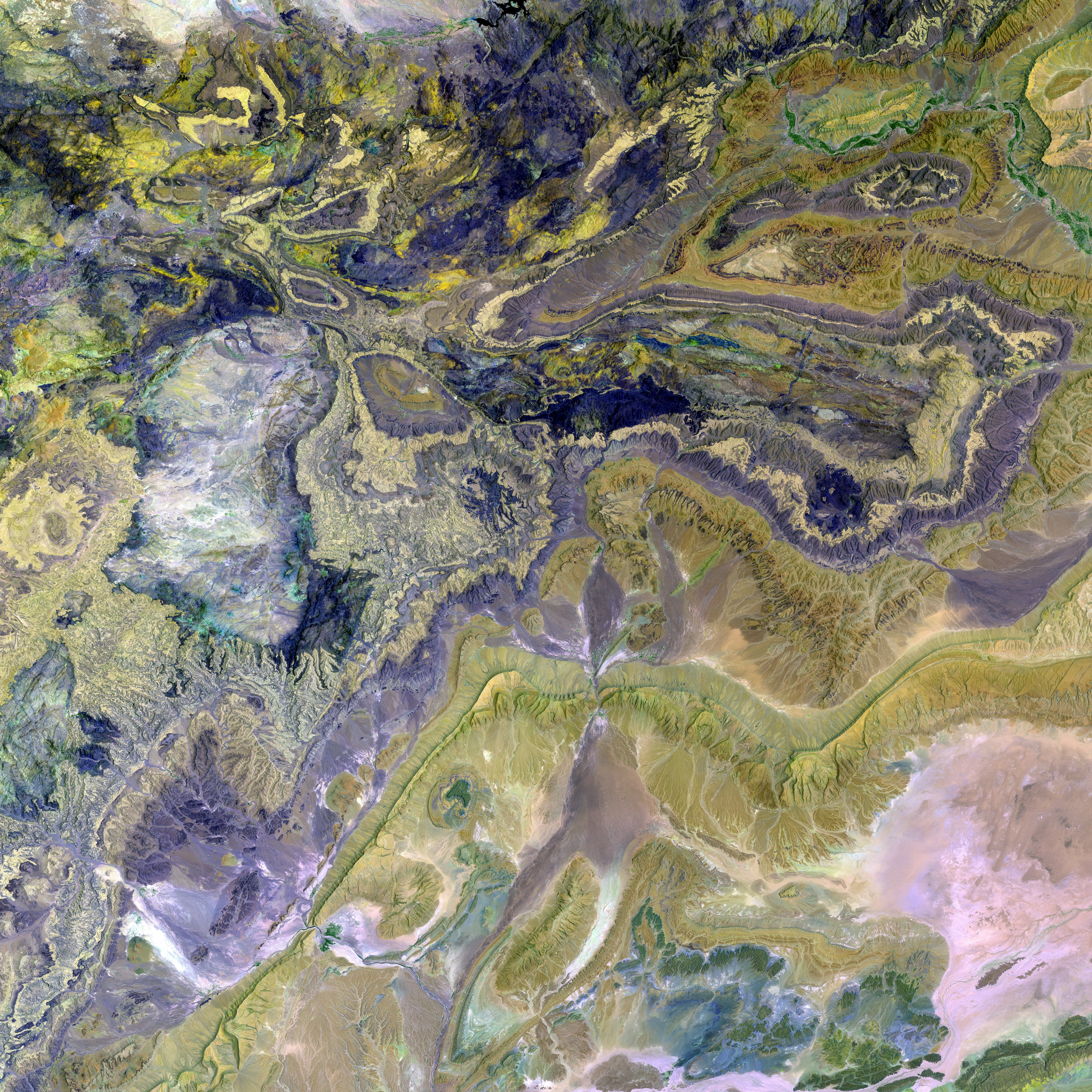Has a legal penalty been imposed for mocking Hezbollah militants?
Controversy Erupts Over UK Police Arrests for Criticizing Hezbollah
London, United Kingdom - The recent arrest of a Jewish man for mocking the late leader of Hezbollah has sparked outrage and concerns over the Metropolitan Police's approach to policing protests, particularly those involving extremist or anti-Semitic elements.
According to the Telegraph, the man was detained at a demonstration in Swiss Cottage, north-west London, in September. His 'offense' was the possession of a sign depicting Hassan Nasrallah and the text, "beep, beep, beep," a reference to an Israeli military operation where dozens of Hezbollah fighters were killed. He was initially charged with causing racially or religiously motivated harassment, but the charges were later dropped due to insufficient evidence, with the Metropolitan Police subsequently offering an apology.
However, the arrest has raised questions about the balance between free speech and public order. Hezbollah is a designated terrorist organization under UK law, and criticizing its leaders may not constitute 'hate speech'. Yet, the Met decided to arrest the man for criticizing Nasrallah. Many are now questioning the police's intentions, with some suggesting they might be overly sympathetic to extremist groups.
Hezbollah's history of terrorism includes the murder of hundreds of Western servicemen and repeated bombings of embassies and Israel-linked institutions. Its actions have led to the displacement of tens of thousands of Israeli civilians. The organization's brutal record has resulted in its designation as a terrorist group under UK law.
Notably, this is not an isolated incident. Criticizing Hamas, another proscribed terror group, can also lead to charges. Last year, Iranian dissident Niyak Ghorbani was arrested in central London while holding a banner stating "Hamas is terrorist." Despite videos showing him peacefully displaying the sign, pro-Palestine protesters confronted him, and the police failed to intervene. Instead, they arrested Ghorbani and confiscated his sign.
The Metropolitan Police's actions have prompted a call for a public inquiry into their training and procedures, with a need for accountability for senior officers and clear guarantees that the police will uphold the law. The silence of London Mayor Sadiq Khan and Home Secretary Yvette Cooper amid these incidents is also being criticized, as they are directly accountable for the Met's actions.
These incidents have a chilling effect on public debate, particularly among the Jewish and Iranian communities, who fear expressing support for Israel or criticizing Islamist extremism in public spaces due to potential police reactions. It remains to be seen whether the Met will review its approach to such protests and ensure the protection of free speech while maintaining public order.
- The controversy over the Metropolitan Police's handling of arrests for criticizing Hezbollah and Hamas has brought identity politics and culture into focus, as concerns about free speech and public order continue to mount.
- Some argue that the Met's decisions to arrest individuals for criticizing these organizations could be influenced by overt sympathy towards extremist groups, posing a significant threat to the general-news environment and open discourse.
- As questions surrounding the balance between free speech and public order persist, there is growing pressure for a public inquiry into the Metropolitan Police's training, procedures, and responses to such incidents, with an emphasis on maintaining accountability for senior officers and upholding the law.








